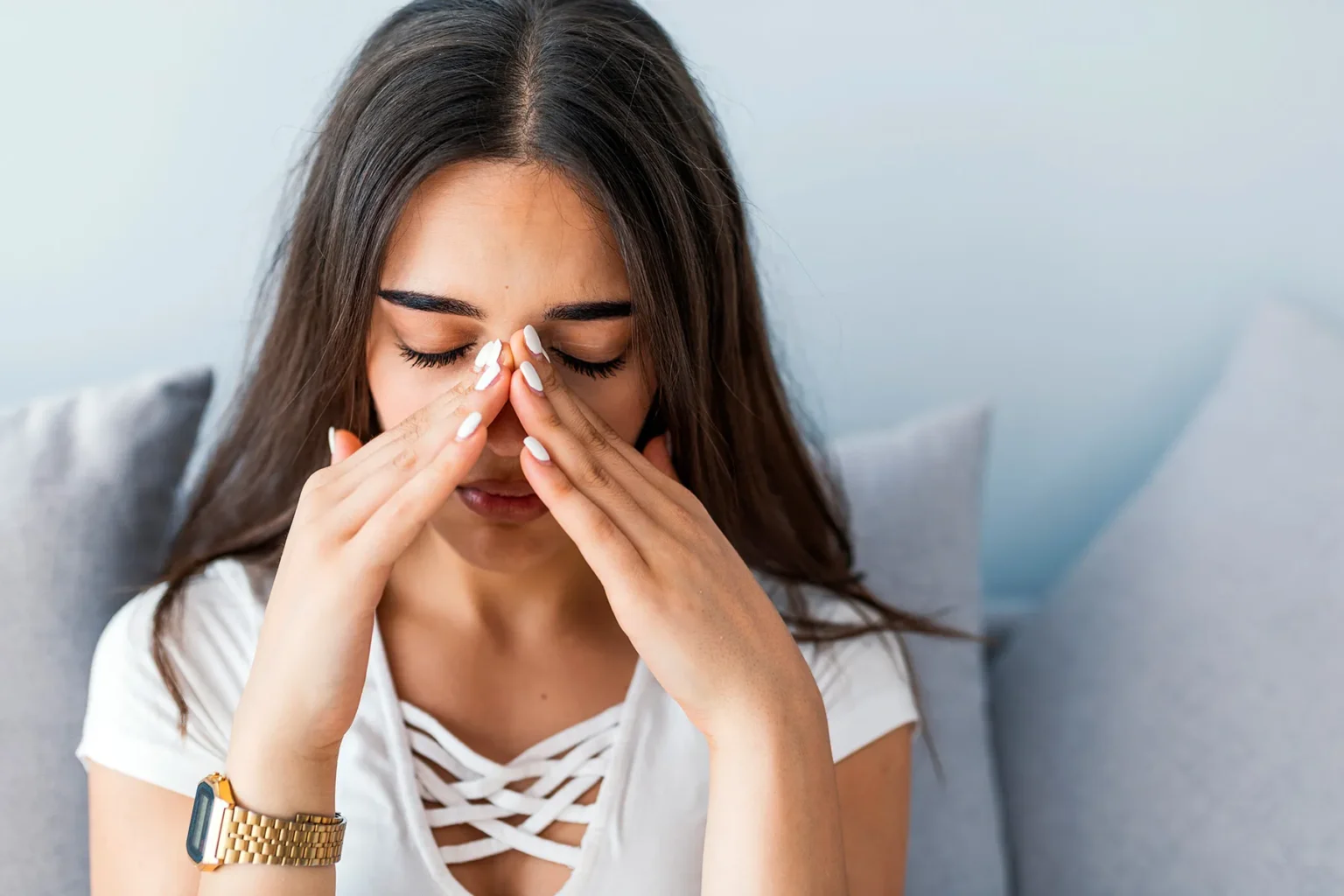Chronic sinusitis doesn’t go away after a few days. It lingers. For many people, it feels like walking around with a tight band around their forehead, clogged ears, and a nose that never fully clears. This condition lasts for weeks or even months. It can make sleeping tough, drain your energy, and cloud your thinking.
- Understanding the Daily Struggles of Chronic Sinusitis
- Common Pitfalls in Managing Chronic Sinus Inflammation
- Exploring Long-Term Treatment Solutions
- When Medication Isn’t Enough
- The Role of Balloon Sinuplasty in Modern ENT Care
- Lifestyle Changes That Help More Than You Think
- Natural Approaches That Complement Medical Care
- Preventing Recurrence After Treatment
- The Bottom Line on Chronic Sinusitis Treatment
This article explores chronic sinusitis treatment options, the common mistakes people make, and smart, lasting solutions that can ease your daily life.
Understanding the Daily Struggles of Chronic Sinusitis
Why the Symptoms Don’t Just Go Away
Most people think a stuffy nose is just part of a cold. But chronic sinusitis, unlike short-term sinus infections, can last more than 12 weeks. It causes swelling in the sinus lining, making it hard for mucus to drain. That’s when the pressure builds. You get headaches, facial pain, and postnasal drip.
Unlike a common cold, chronic sinusitis can return again and again—especially if left untreated.
The Hidden Toll on Sleep, Focus, and Energy
Long-term sinus inflammation messes with more than your breathing. It affects your sleep quality. People often wake up tired, even after a full night’s rest. That’s because they’re not breathing well through the night. Poor sleep can lead to trouble focusing, mood swings, and even brain fog.
It’s not just a nose issue—it’s a whole-body problem.
Common Pitfalls in Managing Chronic Sinus Inflammation
Overuse of Nasal Sprays and Its Consequences
It’s tempting to grab an over-the-counter nasal spray for quick relief. But using these sprays too often can backfire. After a few days, your nose gets used to them. Then, when you stop, the stuffiness comes back worse than before. This is called rebound congestion.
Many people fall into this cycle, making their sinus issues even harder to manage.
Mistaking Allergies for Sinusitis
A lot of folks think they have seasonal allergies, but it’s really chronic sinusitis. Both cause stuffy noses and headaches, but they need different treatments. Allergies respond to antihistamines. Chronic sinusitis may need steroids, antibiotics, or even a minor procedure.
Getting a clear diagnosis from a board-certified ENT specialist helps avoid the wrong treatment path.
Exploring Long-Term Treatment Solutions
When Medication Isn’t Enough
Sometimes, pills and sprays just don’t do the trick. That’s when doctors look at your sinuses more closely. CT scans can show if your sinuses are blocked or swollen. If medicine hasn’t helped, you might need a procedure to open things up and improve drainage.
This isn’t always major surgery. Some treatments are quick and done in the doctor’s office.
The Role of Balloon Sinuplasty in Modern ENT Care
One of the newer treatments is called balloon sinuplasty. A doctor inserts a tiny balloon into the blocked sinus and inflates it to gently widen the space. This lets mucus drain better and helps reduce pressure.
The best part? It’s minimally invasive. Most people go back to work the next day. It offers long-term relief without cutting into the sinus tissue.
Lifestyle Changes That Help More Than You Think
Making small changes at home can support your treatment. Using a humidifier adds moisture to the air, which keeps sinus passages from drying out. Drinking more water thins mucus. Staying active boosts your immune system and helps your body fight inflammation.
Little things make a big difference over time.
Natural Approaches That Complement Medical Care
Using Steam, Saline, and Rest Strategically
Natural methods can ease symptoms. Breathing in steam from a warm shower or bowl of hot water opens the nasal passages. Saline rinses, like neti pots or squeeze bottles, wash away irritants and keep things flowing.
Rest is also key. When your body’s worn out, it can’t fight off inflammation as well. A good night’s sleep helps healing.
Anti-Inflammatory Diets and Sinus Health
What you eat matters too. Foods rich in omega-3s like fish and walnuts, or antioxidants found in berries and leafy greens, can help calm inflammation. Cutting back on processed foods and sugar reduces triggers that may worsen sinus swelling.
A healthy gut supports a healthy immune response, which is important for managing sinus conditions long-term.
Preventing Recurrence After Treatment
What Triggers to Avoid
Once your symptoms ease, it’s important to avoid flare-ups. Dust, smoke, strong fragrances, and dry air are big triggers. People living in dry or polluted areas might consider using air purifiers or wearing a mask in dusty environments.
Catching a cold? Act fast. Stay hydrated, rest up, and use saline rinses early to stop it from turning into sinusitis.
Building a Daily Sinus Care Routine
Like brushing your teeth, sinus care should be part of your daily routine. Try this:
- Morning rinse with saline
- Use a humidifier at night
- Stay hydrated all day
- Avoid smoke and irritants
- Track symptoms in a sinus journal
Consistency keeps symptoms from sneaking back.
The Bottom Line on Chronic Sinusitis Treatment
Chronic sinusitis treatment isn’t one-size-fits-all. It’s about combining smart habits, the right medical help, and lifestyle adjustments. For some, balloon sinuplasty provides lasting relief. For others, it’s about managing triggers and supporting the body daily.
No matter the path, one thing is clear—getting help early and staying consistent leads to fewer headaches, clearer breathing, and better days.
FAQs
What causes chronic sinusitis to develop?
Chronic sinusitis often starts from repeated infections, allergies, or growths in the sinuses called polyps. Poor air quality or smoking can make it worse.
Is surgery the only solution for chronic sinusitis?
No, many people find relief with non-surgical options like balloon sinuplasty, steroids, or saline therapy. Surgery is usually a last resort.
How do I know if I have chronic sinusitis or just allergies?
If your symptoms last over 12 weeks, include facial pain or pressure, and don’t go away with allergy meds, it’s time to see an ENT specialist.
Can chronic sinusitis go away completely?
With the right care, many people experience long-term relief. But it may return if not properly managed, especially during allergy season or after a cold.

















